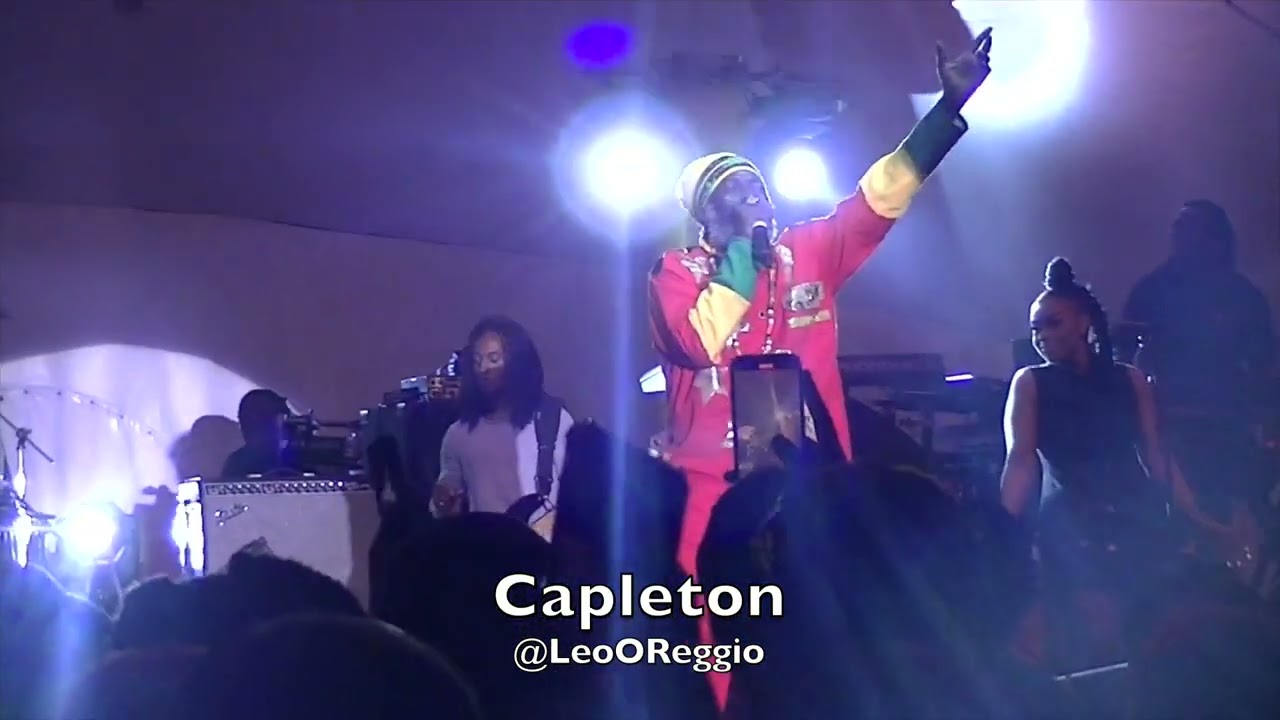
Capleton live Bob Marley Day (2023)
2023
@LeoOReggio
Capleton performs at the Bob Marley Day public concert held at the Emancipation Park, Kingston, Jamaica, on February 6, 2023.
Born Clifton George Bailey III on April 13, 1967, in the rural parish of St. Mary, Capleton earned his future stage name from friends who were so impressed with his sharp reasoning skills that they named him after the most famous lawyer in town. From a tender young age, he was a lover of traveling sound systems, sneaking out at night to catch the vibes until dawn. But it wasn’t until he turned 18 and moved to Kingston that he was able to realize his destiny. It was Stewart Brown, owner of a Toronto-based sound called African Star, who gave the untested artist his first break, flying him to Canada for a stage show alongside giants like Ninjaman and Flourgon. The audience poured out their appreciation, and he never looked back. When Capleton first burst on the scene in the late 1980s, the dancehall was a very different place than it is today. Slackness and gun talk were the order of the day. This bright promising newcomer announced his arrival with a string of hit songs from “Bumbo Red” to “Number One on the Look Good Chart” and “Lotion Man.” Everything he touched hit the sound-good charts, and the youthful artist with the nimble vocabulary and hardcore voice quickly established himself as one of the dancehall’s most reliable hitmakers. But even he could not have predicted that eleven years later, at the start of the new millennium, he would be dancehall’s ruling voice. “I think the people dem see say me really deserve that because of the amount of years me put in,” Capleton says, “and we never really bow and we still hold the faith. We stand up for whatever we a say. Yeah and we really work for it. And them say by your works, a so you get your pay. The people them see the amount of fight me face and the whole heap of accusation. And me still never give up” . When he dropped the tune “Alms House” in 1992, Capleton established himself as more than an entertainer but as a guiding light of righteousness through music. “United we stand and divided we fall,” he sang for the benefit of his fans and dancehall comrades. “Nuff of them nah go know themself till them back against the wall.” A few years later he came back with yet another antidote to the clashing and rivalry that had taken hold of the dancehall business. “Music is a mission,” he reminded his fellow artists, “not a competition. Some man use the music to cause confusion.” The path of this dancehall Prophet was clearly established in 1994 with a string of songs that declared his newfound faith in Rastafari. “INI sight up the light and see say really, yunno, Rasta is real,” he recalls. “founder of the world, because Rasta did come set the trend. Y‚unnerstand. Rasta is life.” The first words of his mega-hit “Dis The Trinity” made it plain that the DJ had experienced some kind of revelation. “I was once lost but now I‚m found,” he stated, “Selassie I live every time.” Capleton became a strong advocate of the teaching of the Jamaican National Hero, Marcus Mosiah Garvey, founder of the Universal Negro Improvement Association and advocate of universal black repatriation. “Babylon rewarded us with hatred for our love,” he declares. “They taught us to rape, steal and kill. For instance, they stole our literature and taught it back to us in a different manner so as to infiltrate our minds with foolishness and other misconceptions. Now we as black men do not see ourselves as princes and prophets but as punks and guys. Our women do not see themselves as queens, princesses, or empresses anymore, but as harlots and concubines.” The only solution, as Bob Marley advocated, is to emancipate oneself from mental slavery. “Over the years INI as a nation and a people, them no really teach INI nuttin‚ bout INI black self. You know I mean? Them teach INI them give we European philosophy. So INI and some other youths a try emerge now, we ask certain question and we ask fi certain things. Caw we know say an institute, or in a college, or in a certain organization we need we Ethiopian curriculum, we need the black man thing. We need to know about weself. Becaw the prophet Marcus Garvey did show we say, A nation without no knowledge of them own history is like a tree without a root. And if you don‚t know where you‚re coming from, you‚re not gonna know where you‚re going.” Even as he uplifts the black race, Capleton always makes a point of clarifying that he does not seek to alienate any race. “We are not being racial nor prejudiced star,” he says. “Becaw we know Jah is for everyone. But where history and prophesy in concerned, that is our witness and we have to be ourself, and we cannot hide from the truth. Caw we woulda be a traitor and a sellout to ourself. And you cannot sell out yourself.” {Bio is courtesy of Rob Kenner} (www.vprecords.com)

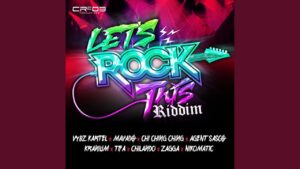
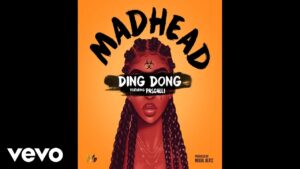
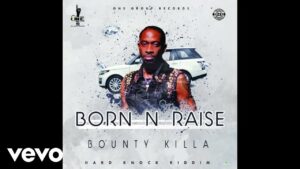


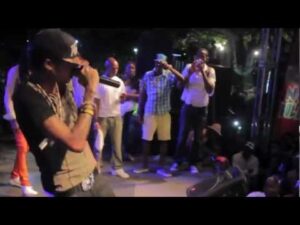


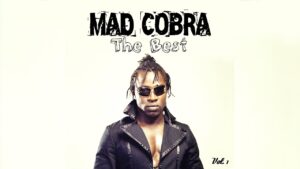

 97 new york city with Bobby konders
97 new york city with Bobby konders
